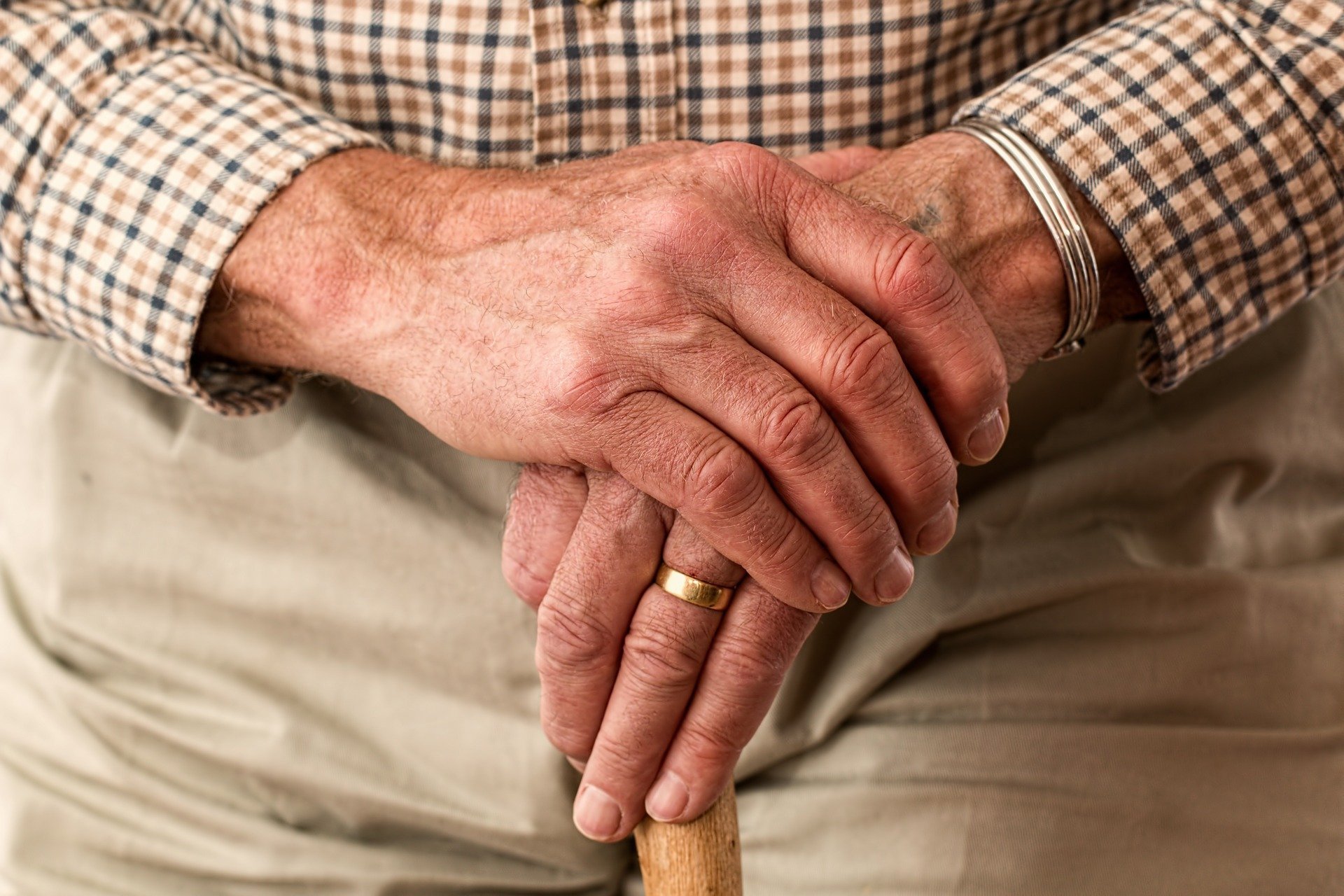Mr B, Dementia and The Meaning of Jackets
Published: 07/03/2019
Live-In Care Blog by Matt, our Training and Wellbeing Manager.
Matt writes from an authentic, poignant perspective of caring for someone with Dementia whist on his first Live-In assignment. His perspective acts as a reminder that those living with Dementia are real and complex people with valid feelings, wants and needs. Those living with Dementia are not the disease and still are individuals in their own right.
Read Matt’s thought-provoking account below:
“I recently supported another Right at Home branch at short notice by covering a week of Live-in care.
Mr B* lives alone in a large country house and has reduced mobility, increasing dementia symptoms and various medical issues.
The housekeeping element of care is enormous, requiring two CareGivers to manage gardeners, decorators and builders as well as deliver care and companionship and cook three times a day.
My cooking, baking and flower arranging skills were tested to their limits, but came back to me slowly and often embarrassingly.
The other branch’s CareGiver covered nights and I worked 13 hour days.
And so, after a steep learning curve Mr B and I settled into warm daily companionship with our shared disability. He couldn’t remember things that mattered and it upset him terribly; but neither could I.
I couldn’t remember where the scissors were, and neither could he. I couldn’t work out which key fitted which window, and he couldn’t help me. I wasn’t sure how much porridge to put in. Water or milk? How do you use an Aga oven?
In my temporary disability I remembered that people would help me. I texted friends in Suffolk about which part of an Aga is good for casserole. I called Mr B’s sons and asked them about hoover bags. Joe and the office team checked up on me daily, offered support at night, and told me I’d be alright.
But often Mr B could not remember that he had friends. He had no idea if they checked up on him or if they were alive or dead.
Then on Sunday afternoon, suddenly He was Back. For 40 or 50 minutes there was no dementia. He made perfect sense and talked in a clear and authoritative voice.
‘ I am so sad Matt, and really very annoyed. I want some jackets, and all those people do is lie to me. They tell me there is one coming, or it will be here soon. It really is infuriating. ‘
‘ Perhaps there’s been a mix up Sir. We can ask your sons. ‘
‘ No. That’s not it. That’s not it at all. They lied to me. ‘
In a way they had lied to him. We all had.
Well-meaning tiny lies;
” You don’t need to worry
We’ll sort it out for you tomorrow
I don’t know anything about that “
But Mr B was worried, and upset. It wasn’t being sorted out tomorrow. We did know something about that, because the jackets had been upsetting him for weeks.
Realising that the ‘jackets’ was not going away, I tried harder. What did we have to help us?
Time. Neither of us were going anywhere. Each other. If we worked together with our shared disability perhaps we’d be better than alone.
Counselling and Psychology.
As a counsellor, if ‘jackets’ was the issue, I would ask the client to tell their story. Sometimes in counselling, that’s all that ever happens; the client tells their story. And, I would look for meaning;
What do the jackets mean to you?
Why is this important now?
How does it make you sad and why?
I won’t tell you the full story of ‘jackets’ here. It is Mr B’s story and it made him cry and shout.
I found some of his jackets: Warm ones, waterproof ones, ones covered in the hairs of long-dead children’s ponies and beloved pets.
They were not stolen or lost, they were behind a door in the porch. But perhaps we had lied by telling him not to worry, and hoping it might all go away.
That Sunday afternoon Mr B and I finally screamed with laughter as I showed him his jackets by modelling them around his kitchen table. He couldn’t stand for long enough to try them on, so I let him choose each one and showed him how it looked.
They’re on hooks in the kitchen now, where he can see them. It’s unlikely Mr B will ever wear those jackets outside, but he knows where they are and he realised we weren’t just telling lies. It was just that we hadn’t understood what they meant.”
Perhaps you and your loved ones require live-in care? Or maybe you’re close to someone suffering from dementia that needs support? Please contact us today to discuss on 023 9323 3186
All photos found for free reuse on pixabay.com
*Client’s name has been anonymised.

